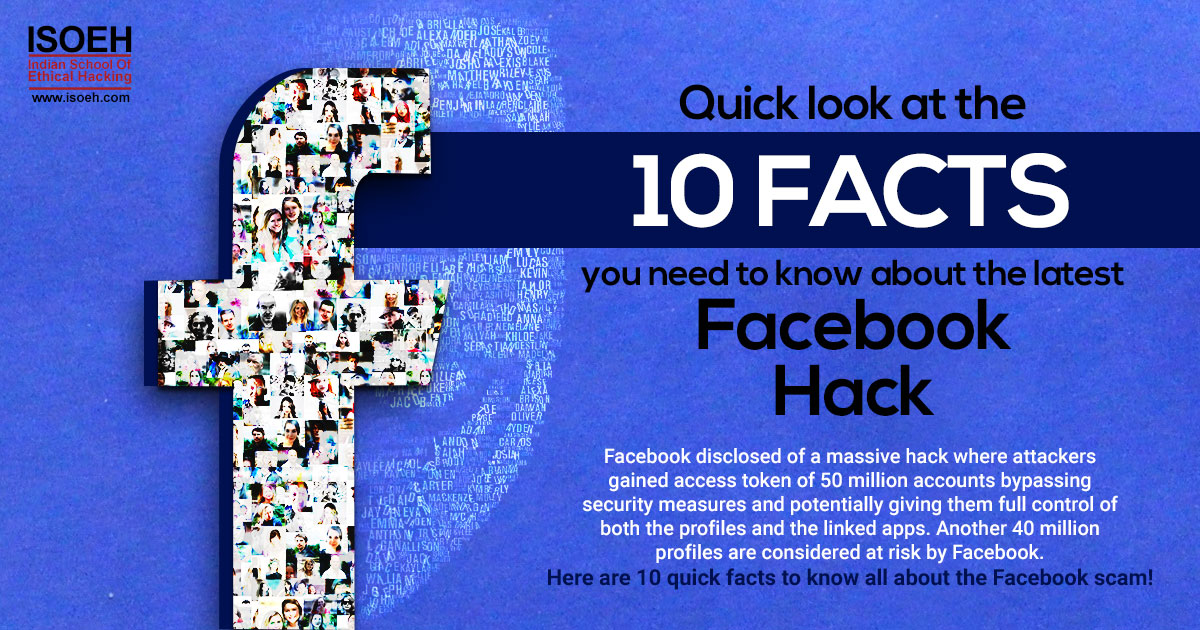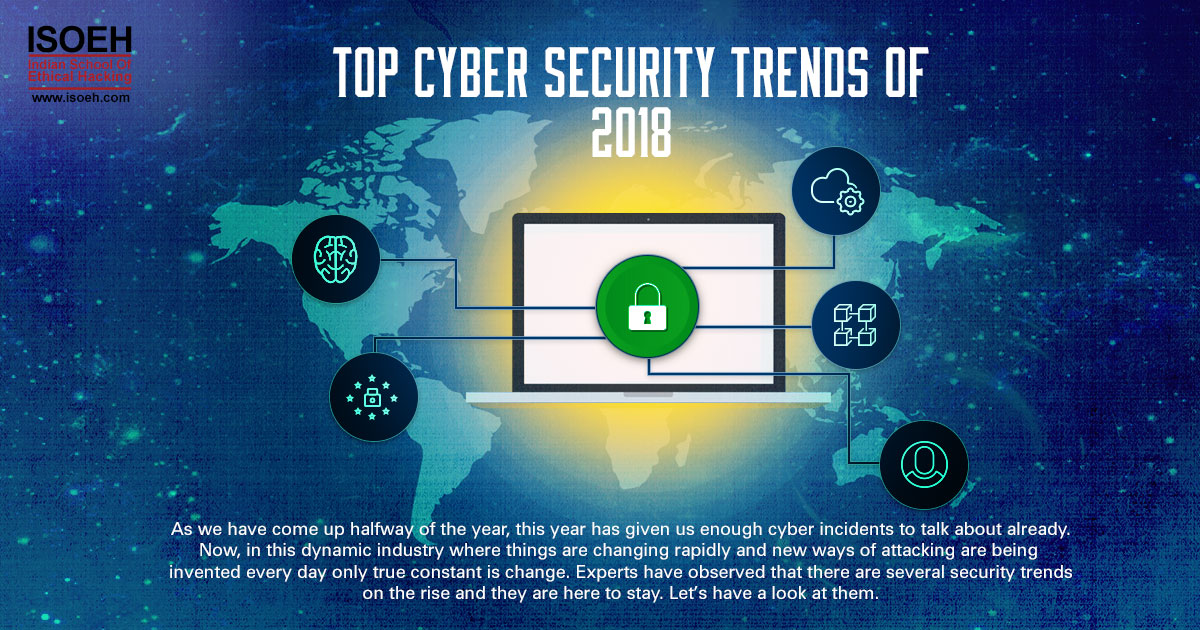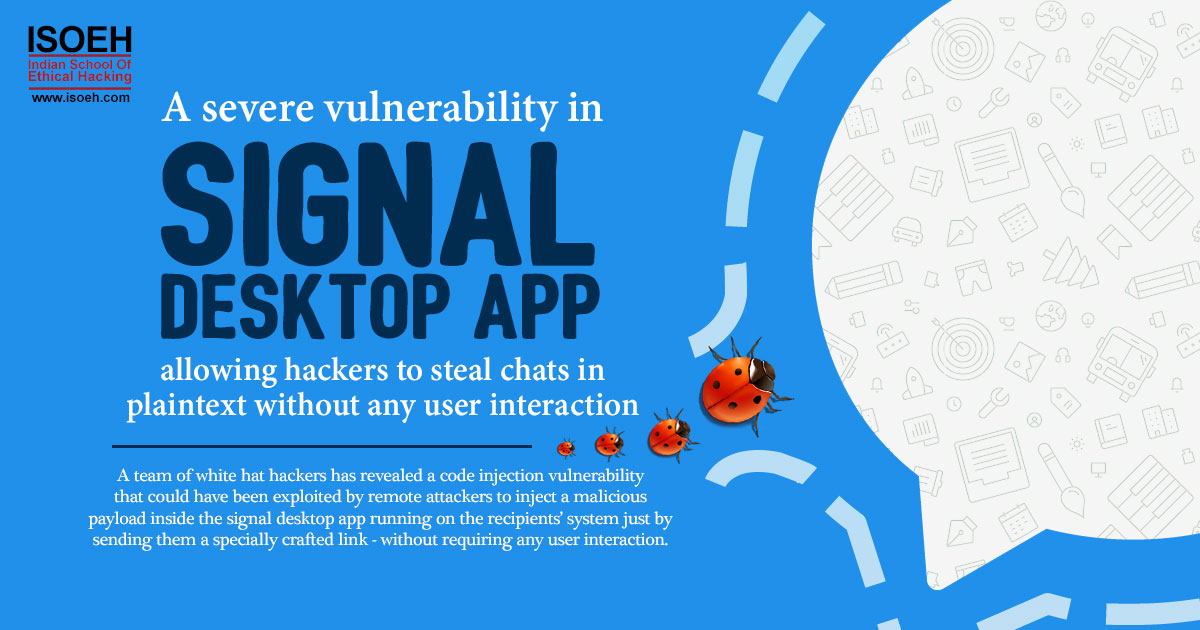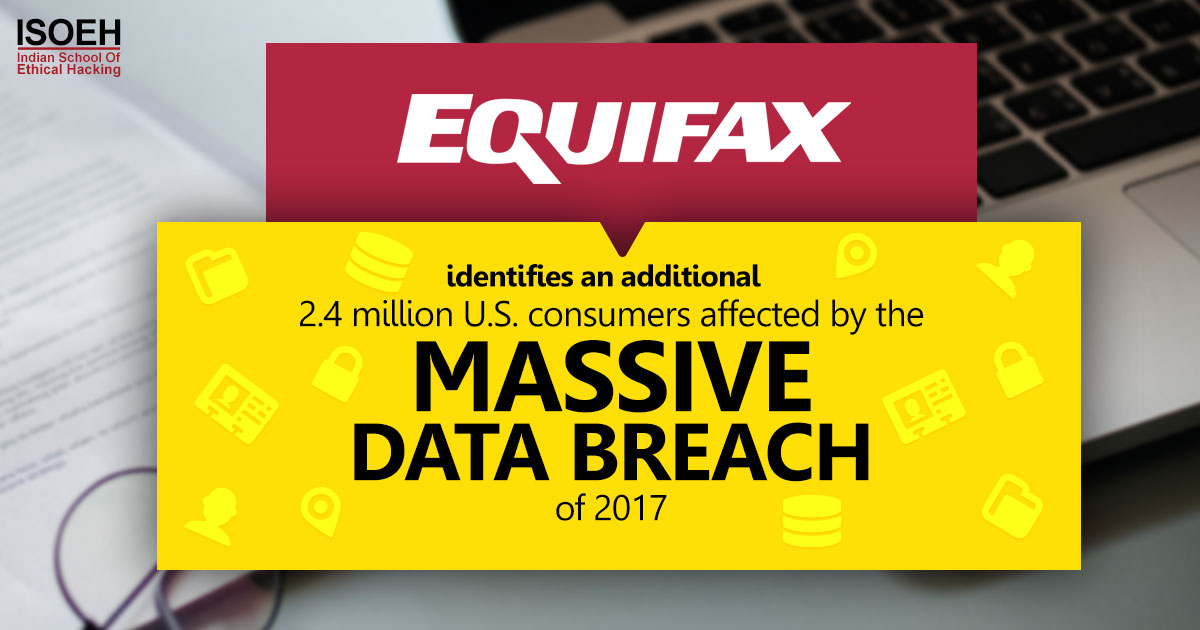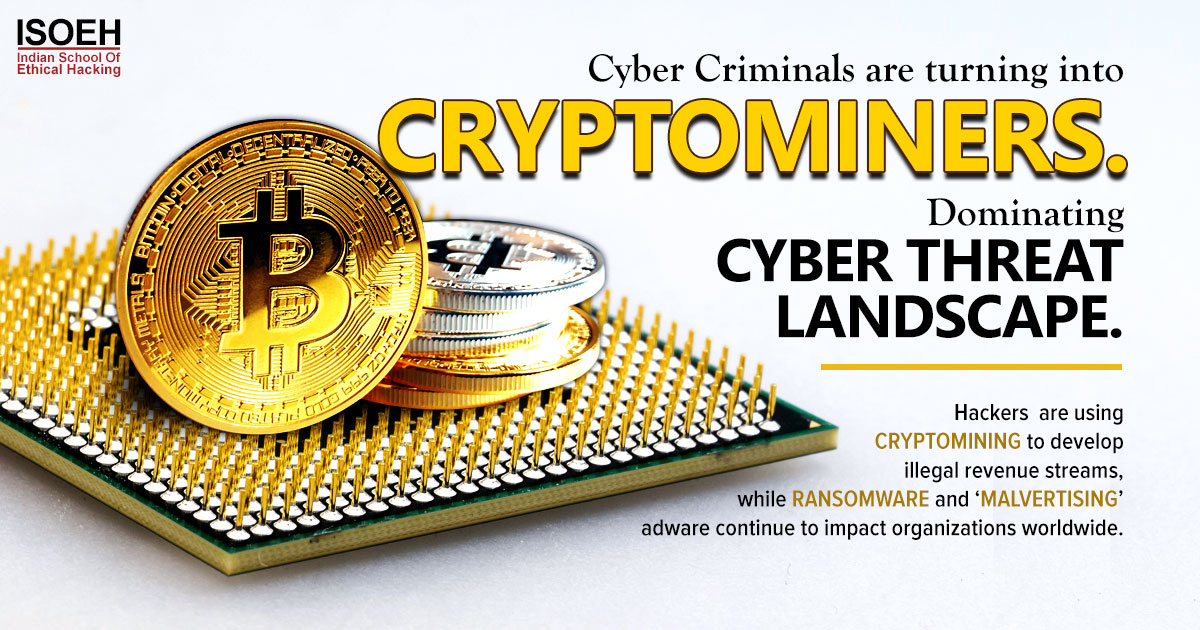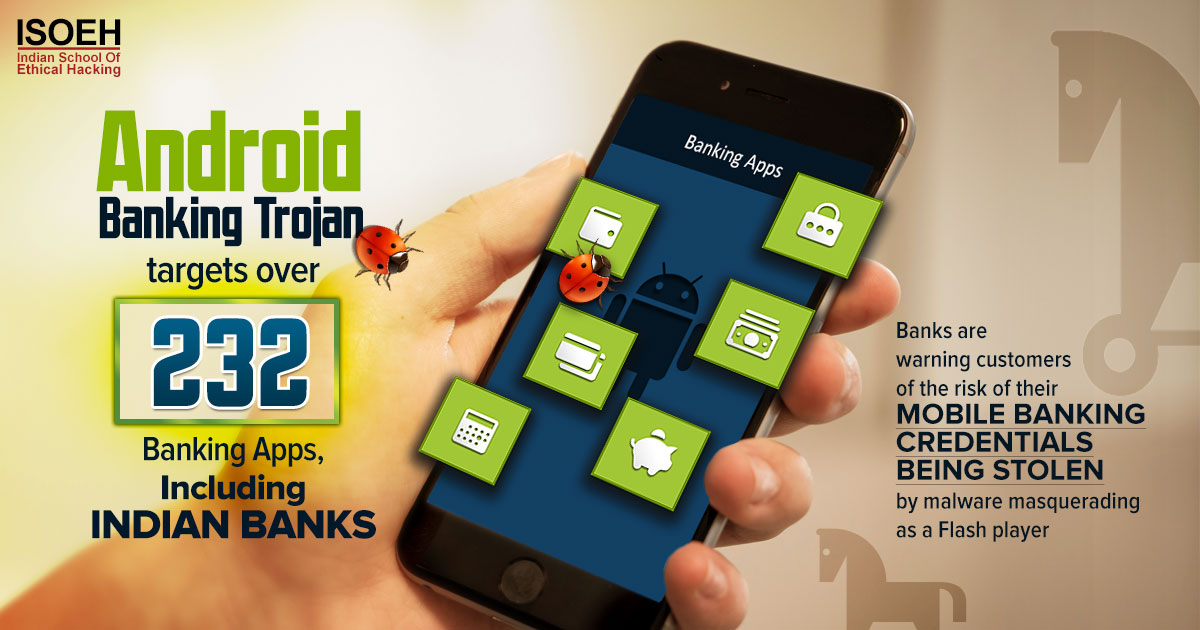
Contents
Introduction
Explanation of the importance of certifications in the cybersecurity industry
Most students and corporate personnel believe that obtaining a global degree will improve their CV and lead to promotion. But, even before that, the most important thing to remember is to stay organized. Do a global certification that proves your worth.
Today's digital age has created an unprecedented demand for experienced cybersecurity specialists. As firms increasingly rely on technology to conduct business, the requirement for professionals who can safeguard sensitive data and defend networks from cyber threats has grown. As a result, experts in the sector are continually looking for new methods to expand their knowledge and skills in order to keep up with the ever-changing cyber scene.
Brief overview of C|EH, Security+, C|CT certifications
With the ever-changing threat landscape and technological breakthroughs, it is critical to have the appropriate credentials to demonstrate your knowledge and competence. Three common certifications pursued by cybersecurity professionals include the EC Council's Certified Ethical Hacker or CEH course and Certified Cybersecurity Technician (CCT), as well as CompTIA's Security+. These credentials are widely regarded in the industry and provide significant insights and training in ethical hacking as well as cybersecurity. However, the subject of which certification is best for professionals wishing to develop in this industry is frequently raised.
Overview of C|EH certification
The International Council of E-Commerce Consultants (EC-Council) offers the Certified Ethical Hacker (CEH) certification, which is one of the most sought-after in the cybersecurity business. This certification is intended for professionals seeking to expand their knowledge and skills in ethical hacking and penetration testing.
Around the last 20 years, the Certified Ethical Hacker has been battle-hardened, with hundreds of thousands of Certified Ethical Hackers working for major corporations, armies, and governments all around the world.
Description of the certification exam content
The CEH course covers a wide range of topics, including network scanning, malware threats, and social engineering, making it a comprehensive certification for cybersecurity professionals. The CEH test consists of 125 multiple-choice questions and lasts three hours. To pass the exam, you must get at least 70%. This certification is valid for three years and can be renewed by obtaining Continuing Education credits or taking the exam again.
Key skills and knowledge covered
The Certified Ethical Hacker program, now in its 12th edition, combines comprehensive training, hands-on learning labs, practice cyber ranges for engagement, certification assessments, cyber competitions, and opportunities for continuous learning into a single comprehensive program curated by our new learning framework.
- Learn – In this skill-building stage, you will receive 5 days of in-depth instruction and learn how to hack multiple operating systems (Windows 11, Windows Servers, Linux, Ubuntu, Android). You'll also receive 20 modules, over 220 hands-on labs with competition flags, and over 3,500 hacking tools.
- Certify – In this experience-gaining stage, take the CEH Knowledge Exam (125 multiple-choice questions - 4 Hours) and the CEH Practical Exam (6 hours practical exam - 20 scenario-based questions). To become a CEH Master, one must pass both of these exams and demonstrate his or her talents and competencies.
- Engage – In this stage, one can conduct a real-world ethical hacking assignment and apply the 5 phases. (Reconnaissance, Scanning, Gaining Access, Maintaining Access, Covering Your Tracks).
- Compete – In this stage, one can take part in the CTF challenges.
Benefits of obtaining C|EH certification
- Validates professional ethical hacking skills and knowledge
- Develops real-world skills in ethical hacking and penetration testing
- Upholds ethical cybersecurity practices
- Provides necessary skills for successful network infrastructure security
Overview of Security+ certification
CompTIA, a renowned source of IT certifications, offers Security+, a vendor-neutral certification. This certification is intended for professionals seeking to develop core knowledge in cybersecurity. The Security+ course covers a wide range of topics, including network security, risk management, and cryptography, making it an excellent choice for entry-level cybersecurity workers.
Description of the certification exam content
The CompTIA Security+ certification exam (SY0-701) will verify the successful candidate has the knowledge and skills required to assess the security posture of an enterprise environment and recommend and implement appropriate security solutions; monitor and secure hybrid environments, including cloud, mobile, and IoT; operate with an awareness of applicable laws and policies, including principles of governance, risk, and compliance; identify, analyze, and respond.
The Security+ test comprises of 90 multiple-choice and performance-based questions and lasts 1.5 hours. To pass the exam, you must get at least 750. This certification is valid for three years and can be renewed by completing Continuing Education Units (CEUs) or taking the exam again.
Key skills and knowledge covered
Security+ includes best practices from hands-on troubleshooting to ensure you have the practical security problem-solving skills needed to: 1) assess, 2) monitor, 3) operate, and 4) identify.
CompTIA Security+ exam topics include information security roles, framework types, threat actor types, attack vectors, threat intelligence sources, network reconnaissance tools, vulnerability scanning techniques, penetration testing concepts, identifying social engineering and malware-based attacks, cryptographic concepts, public key infrastructure, authentication controls, account management controls, risk management, digital forensics, and data privacy management.
Benefits of obtaining Security+ certification
- Recognized by government agencies, enterprises, and other IT employers
- Gain a thorough understanding of security concepts, risk management, and mitigation strategies
- Understand industry best practices for creating and maintaining security policies and procedures
- Maintain compliance with security standards and legislation
Similarities of C|EH and Security+ certifications
While both certifications have distinct principles and objectives, they also share some similarities:
- CEH and Security+ share an emphasis on ethical hacking. While Security+ concentrates on the defensive aspects of cybersecurity, CEH digs into the offensive. Both certifications emphasize the necessity of understanding how hackers think and behave to better fight against cyber threats.
- Both CEH and Security+ focus on network security. Both certifications include network architecture, protocols, and devices, as well as how to defend them against potential attacks. This expertise is crucial for cybersecurity experts to effectively protect networks against breaches.
- CEH and Security+ courses focus heavily on encryption and cryptography, which are crucial for cybersecurity. These abilities are critical for protecting sensitive data and communications, making them a necessary component of any cybersecurity professional's skill set.
- CEH and Security+ have comparable exam objectives. Both certificates are designed to examine a candidate's knowledge of ethical hacking, network security, encryption and cryptography. They also assess a candidate's ability to detect and manage hazards and vulnerabilities in a network.
Overview of C|CT certification
EC-Council offers a relatively new certification called C|CT (Certified Cyber Security Technician). This certification is intended for people seeking to specialize in cyber threat analysis.
Description of the certification exam content
The C|CT test comprises 60 multiple-choice questions, including a Real-life hands-on Practical exam, and lasts 3 hours. To pass the exam, you must get at least 70%. This certification is valid for three years and can be renewed by completing Continuing Education credits or taking the exam again. The C|CT course covers a wide range of topics, including the threat intelligence lifecycle, threat hunting, and threat profiling, making it a highly specialized certification for cybersecurity professionals.
Key skills and knowledge covered
C|CT confirms practical technician-level abilities such as penetration testing, security consulting, auditing, and system and network administration. Each course is supplemented with real-world labs and critical thinking exercises to produce world-class cybersecurity technologists. C|CT discusses information security, network security, information security threats, vulnerabilities, and attacks, wireless network fundamentals, incident handling and response processes, data security controls, cryptography and public key infrastructure concepts, computer forensics foundations, digital evidence, and forensic investigation phases.
Benefits of obtaining C|CT certification
- Gain a strong foundation in cybersecurity with industry experts' in-depth training facilities.
- Apply theoretical knowledge to real-world scenarios
- Enhances employment by recognizing credential holders as cybersecurity experts capable of strengthening organizational security.
- iv)Practice hands-on skills for technical roles that require administrator rights and cybersecurity.
Similarities of C|CT and Security+ certifications
While both certifications have distinct principles and objectives, they also share some similarities:
- CCT certification is for technicians responsible for implementing security measures, while Security+ certification covers a wider range of security topics, making it suitable for various job roles such as network administrators, analysts, and specialists.
- CCT and Security+ certifications are vendor-neutral, meaning they are not limited to a specific technology or product.
- The CCT and Security+ certifications cover a wide range of cybersecurity-related topics. Both tests include critical topics such as network security, risk management, cryptography, access control, and incident response.
- CCT and Security+ are well-known and respected credentials in the cybersecurity field. Both are worldwide recognized and can lead to a variety of job prospects for individuals.
Factors to consider when choosing a certification
Comparing the Three Certifications Now that we have a brief overview of each certification, let's compare them based on various factors.
- Level of Difficulty: The C|EH and C|CT certifications are considered more difficult than Security+. This is because they require individuals to have a more in-depth understanding of cybersecurity ideas as well as hands-on expertise in the sector. However, with proper preparation and study resources, all three certifications are attainable.
- Career Opportunities: C|EH and C|CT are highly specialized qualifications that can lead to advanced employment in cybersecurity, such as penetration tester, security analyst, or threat intelligence analyst. Security+, on the other hand, is an entry-level certification that can help you get started in the cybersecurity field.
- Cost: The cost of these certifications varies, with C|EH being the most expensive, then C|CT and Security+. However, it is crucial to remember that these certificates represent an investment in your future and can lead to higher-paying work prospects.
- Exam Format: The C|EH and C|CT tests are multiple-choice, whereas Security+ incorporates performance-based questions. This implies that in the Security+ exam, you will be required to demonstrate both your theoretical knowledge and your practical skills.
- Validity: All three credentials are valid for three years and can be renewed by completing Continuing Education credits or taking the exam again. This is vital in the ever-changing sector of cybersecurity since it guarantees that experts stay current on the newest trends and technologies.
Conclusion
Both C|EH and Security+ are well-known and respected certifications in the cybersecurity field, with C|CT being a newer but equally valuable option. Whatever certification you pick, you must constantly upgrade your skills and knowledge to be competitive in this ever-changing sector.
Which Certification Is Right for You? The answer to this question is determined by your existing skill set and career goals. If you're just getting started in cybersecurity, Security+ is an excellent fundamental certification that will help you obtain a wide grasp of the sector. If you want to specialize in ethical hacking or cyber threat intelligence, C|EH or C|CT may be a better fit for you.
Hacking Tools
Explore All Hacking Tools »
UFTP is an encrypted multicast file transfer program for secure, reliable & efficient transfer of files. It also helps in data distribution over a satellite link.
Read DetailsBreaking News
Breaking News Of Each Month »
The recent pandemic was unexpected and unknown to most part of the world. It has changed our life and we are slowly adapting to our new lifestyle. The risks associated with the new lifestyle, both personal & corporate, are unknown to most of us.
Read Details


